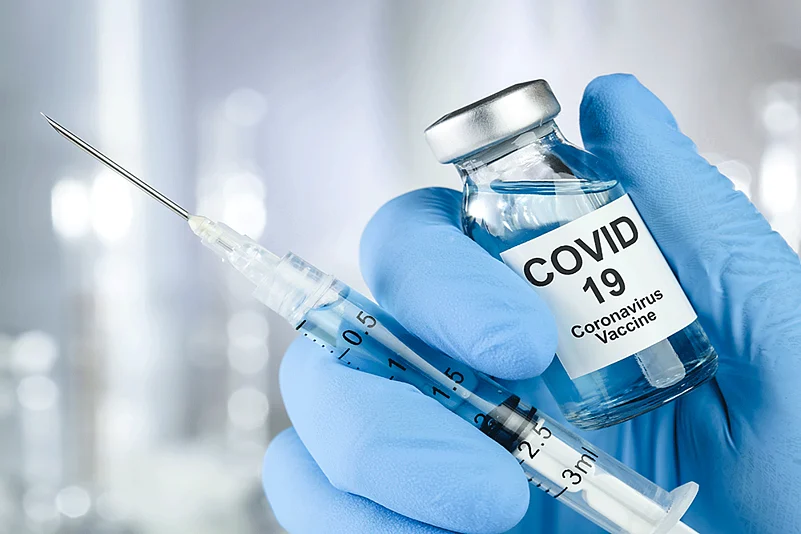Researchers have identified an antibody that is highly protective at low doses against a wide range of variants of the SARS-CoV-2 virus which causes COVID-19.
The findings, posted as a pre-proof in the journal Immunity, could help develop new antibody-based therapies that are less likely to lose their potency as the virus mutates.
The new antibody attaches to a part of the virus that differs little across the variants, meaning that it is unlikely for resistance to arise at this spot, the researchers said.
"Current antibodies may work against some but not all variants," said study senior author Michael S Diamond, a professor at Washington University School of Medicine in St Louis, US.
"The virus will likely continue to evolve over time and space. Having broadly neutralising, effective antibodies that work individually and can be paired to make new combinations will likely prevent resistance," Diamond said.
The SARS-CoV-2 virus uses a protein called spike to attach to and invade cells in the body's respiratory tract.
Antibodies that prevent the spike protein from attaching to cells neutralise the virus and prevent disease.
Many variants have acquired mutations in their spike genes that allow them to evade some antibodies generated against the original strain, undermining the effectiveness of antibody-based therapeutics.
To find neutralising antibodies that work against a wide range of variants, the researchers immunised mice with a key part of the spike protein known as the receptor-binding domain (RBD).
They then extracted antibody-producing cells and obtained 43 antibodies from them that recognise RBD.
The team screened the 43 antibodies by measuring how well they prevented the original variant of SARS-CoV-2, that emerged in 2019, from infecting cells in a dish.
Nine of the most potent neutralising antibodies were then tested in mice to see whether they could protect animals infected with the original virus from disease.
Multiple antibodies passed both tests, with varying degrees of potency, according to the researchers.
They selected the two antibodies that were most effective at protecting mice from disease and tested them against a panel of viral variants.
The panel comprised viruses with spike proteins representing all four variants of concern -- Alpha, Beta, Gamma and Delta -- two variants of interest (Kappa and Iota), and several unnamed variants that are being monitored as potential threats.
The researchers found that one antibody, SARS2-38, easily neutralised all the variants, a humanised version of SARS2-38 protected mice against disease caused by two variants: Kappa and a virus containing the spike protein from the Beta variant, they said.
The Beta variant is notoriously resistant to antibodies, so its inability to resist SARS2-38 is particularly remarkable, the researchers noted.
Further experiments pinpointed the precise spot on the spike protein recognised by the antibody, and identified two mutations at that spot that could, in principle, prevent the antibody from working.
However, these mutations are rare in the real world, the researchers said.
They searched a database of nearly 800,000 SARS-CoV-2 sequences and found escape mutations in only 0.04 per cent of them.
"This antibody is both highly neutralising (meaning it works very well at low concentrations) and broadly neutralising (meaning it works against all variants)," said Diamond.
"That's an unusual and very desirable combination for an antibody. Also, it binds to a unique spot on the spike protein that isn't targeted by other antibodies under development. That's great for combination therapy," the scientist explained.
The researchers said this antibody can be combined with another one that binds somewhere else to create a combination therapy that would be very difficult for the virus to resist.


























